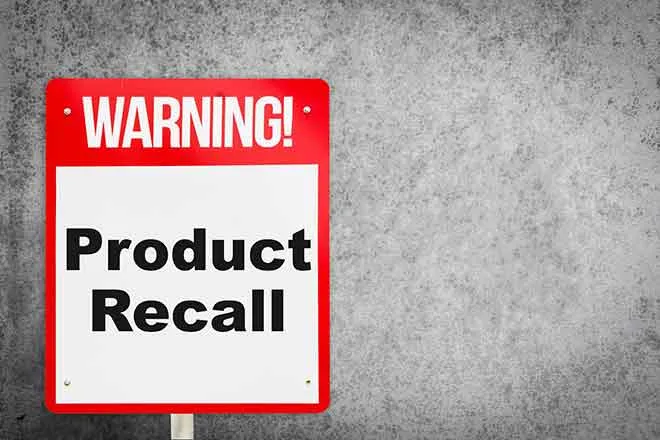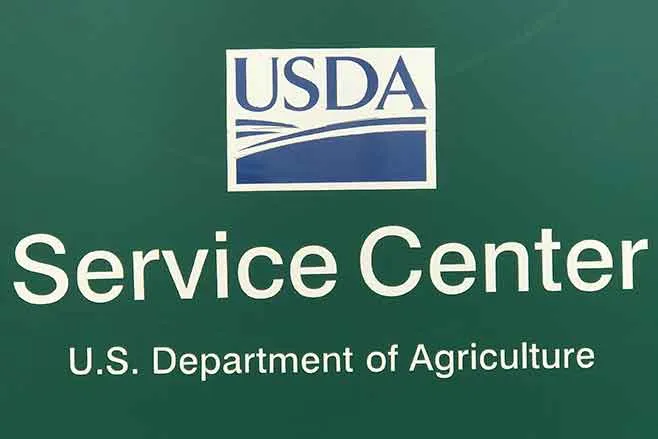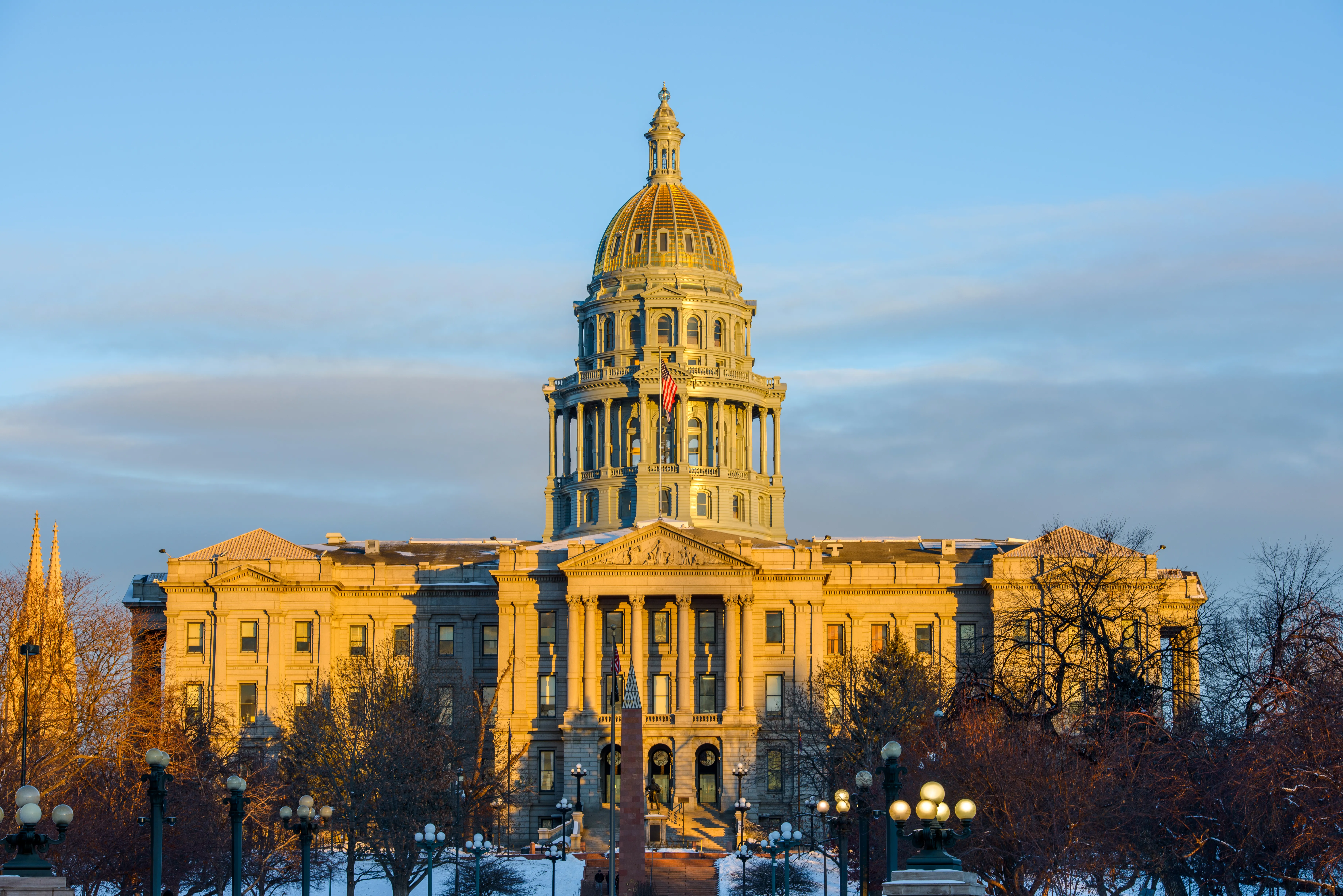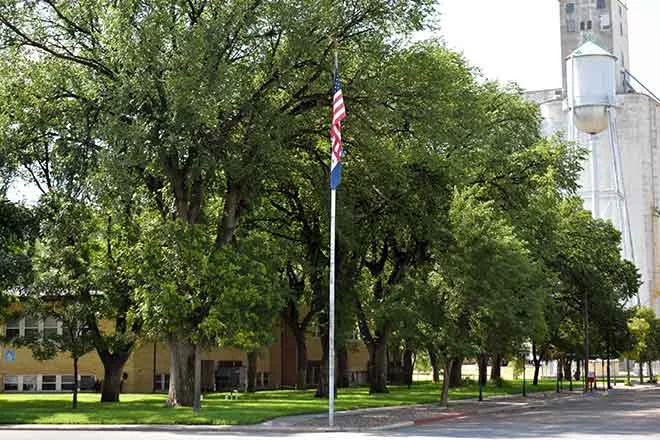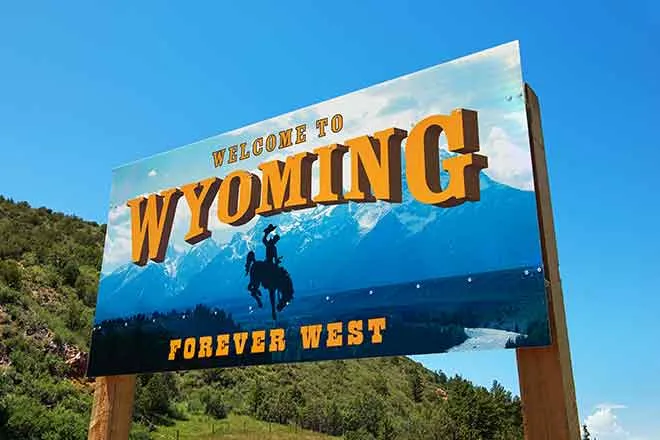
Opinion – The Importance of Farming and Ranching
When you grow up in rural Colorado, sometimes it can be easy to take for granted the work that farmers and ranchers do each and every day. You watch the co-op fill up in the morning with pickups, move over to the feed store (and probably the coffee shop), stop at the implement dealership, and then back home again for a whole new round of chores. It’s a rhythm that keeps our small towns alive, main streets humming, and local schools filled with kids. As a United States Senator who grew up in Yuma, it’s this health and economic well-being of our rural areas that is always front of mind.
That’s why over the last several months I have visited with farmers, ranchers, and other small businesses across Colorado to make sure our nation’s public policy gives rural America the tools and opportunities it needs to succeed. In other words, I want to make sure that no one takes the success of rural America for granted – that low commodity prices turn into higher ones, that closed markets open, and that main street remains our street for generations to come.
While each stop I make in Colorado is different, they all provide invaluable insight for the work I need to do in the Senate. In August, I visited an organic dairy operation in Weld County to discuss the challenge of government regulations and immigration policies. I learned about the challenge of keeping up with changing government labor regulations and issues revolving around trade when meeting with sheep producers in Craig and Meeker. In Eads and Lamar, I saw incredible stands of dryland corn thanks to midsummer moisture surrounded by hailed out fields of milo, witnessing the beauty and cruelty of nature. In Cheyenne Wells and Springfield, we talked crop insurance, conservation practices and the Farm Bill. Rocky Ford and La Junta brought an opportunity to talk about legacy agriculture and new century agriculture. At a Rocky Ford melon processing facility, we talked about the labor challenges producers face along with perennial water issues. La Junta brought the opportunity to visit an indoor climate-controlled hemp operation where “clones” are then transferred to the field, and when harvested, sent off for use in lotions and medication. In Trinidad, we talked about beef and trade with China, followed by a community meeting in Hoehne. I also visited a young farm family near Loma growing vegetables. I talked to cattle growers and grape growers, tomato farmers and Palisade peach producers. These are just a handful of the stops I do on my farm tour, but they help me establish top priorities to tackle when it comes to my work on agriculture over the next year.
First, it is clear that Congress must complete a new Farm Bill in an expeditious and timely manner. It should maintain robust crop insurance programs and funding, address rural economic development, eliminate burdensome regulations, provide certainty in policy direction, and rethink programs that simply don’t work either as they were intended or when applied to certain types or areas of operation.
Secondly, I heard many concerns about regulations on banks that soak up resources that otherwise may have allowed a producer to get a loan. Congress must reduce regulations that impede local lending and assure community banks aren’t snuffed out by the efforts to regulate the Wall Street behemoths.
Third, we must continue to reduce the regulatory burden on small businesses by passing legislation that guarantees the benefits of any new regulation outweigh the costs of the regulation.
Fourth, we must expand new trade opportunities, open new markets and strengthen existing trade agreements. We must also find new value added opportunities for our agriculture products to enhance value and sales.
Taken together, these measures will help provide the certainty our agricultural communities need to thrive and move into the future. There is more work to do, but this is a great start.
Senator Cory Gardner, Colorado


